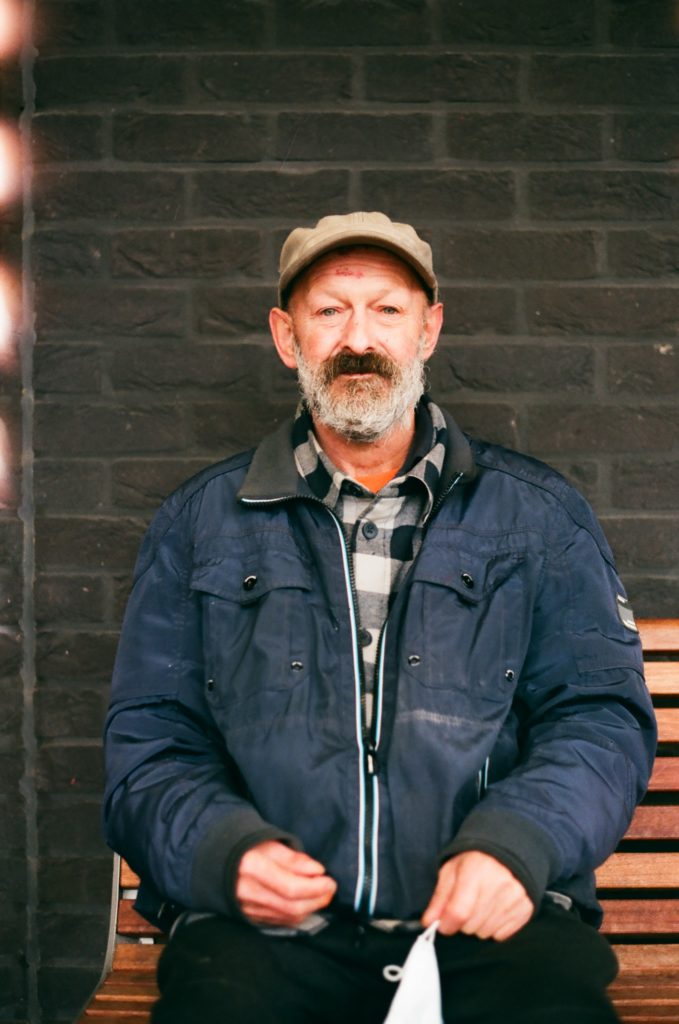Protecting Vulnerable Adults
We should all take responsibility to safeguard vulnerable adults in our community. At this practice we actively work to identify and assist our patients who may require help.
What Is A Vulnerable Adult

The definition is wide, however this may be regarded as anyone over the age of 18 years who may be unable to protect themselves from abuse, harm or exploitation, which may be by reason of illness, age, mental illness, disability or other types of physical or mental impairment.
Those at risk may live alone, be dependent on others (care homes etc.), elderly, or socially isolated.
Forms of Abuse
- Neglect – ignoring mental or physical needs, care, education, or basic life necessities or rights
- Bullying – family, carers, friends
- Financial – theft or use of money or possessions
- Sexual– assault, rape, non-consensual acts (including acts where unable to give consent), touching, indecent exposure
- Physical – hitting, assault, man-handling, restraint, pain or forcing medication
- Psychological – threats, fear, being controlled, taunts, isolation
- Discrimination– abuse based on perceived differences and vulnerabilities
- Institutional abuse– in hospitals, care homes, support services or individuals within them, including inappropriate behaviours, discrimination, prejudice, and lack of essential safeguards
Abuse may be deliberate or as a result of lack of attention or thought, and may involve combinations of all or any of the above forms. It may be regular or on an occasional or single event basis, however it will result in some degree of suffering to the individual concerned. Abuse may also take place between one vulnerable adult and another, for example between residents of care homes or other institutions.
Indications of Abuse May Be:
- Bruising
- Burns
- Falls
- Apparent lack of personal care
- Nervousness or withdrawn
- Avoidance of topics of discussion
- Inadequate living conditions or confinement to one room in their own home
- Inappropriate controlling by carers or family members
- Obstacles preventing personal visitors or one-to-one personal discussion
- Sudden changes in personality
- Lack of freedom to move outside the home, or to be on their own
- Refusal by carers to allow the patient into further care or to change environs
- Lack of access to own money
- Lack of mobility aids when needed
Help for victims of domestic violence and abuse
Get help if you or someone you know is being abused by a partner or family member.
Domestic violence is not the victim’s fault. You are not to blame and you are not alone. There are many others in your situation and help is available. You can also access help in languages other than English if you need to.
For further information visit leeds.gov.uk
If you’re in immediate danger
Call the police on 999.
If you cannot speak, press 55 when you are prompted and listen for more instructions. You’ll be able to conduct your whole call in silence if needed.
If you need help
Please contact the practice if you need help or would like to discuss anything further with us.
0113 295 1600
You may also be asked by practice staff as part of routine enquiry if you are experiencing any violence or abuse at home.
If you’re suffering from domestic violence or abuse you can:
- Call the 24 hour domestic abuse phone line on 0113 246 0401
- Use Leeds Women’s Aid’s online chat
- Report your abuse online to West Yorkshire police
- Get emergency housing by speaking to Leeds Housing Options
- Get help and advice from Leeds Domestic Violence Service
Children and young people
As well as using the help above, you can also:
- Contact Childline
- Find relationship advice and information about abuse for young people
- Call children’s social work services
Male victims
Get specific help for male victims from Respect
Victims of forced marriage or honour based abuse
Get help and advice from Karma Nirvana
If someone you know is abusive
If you’re worried about someone’s behaviour towards their partner or family members, you can find out about how you can help them from Respect.